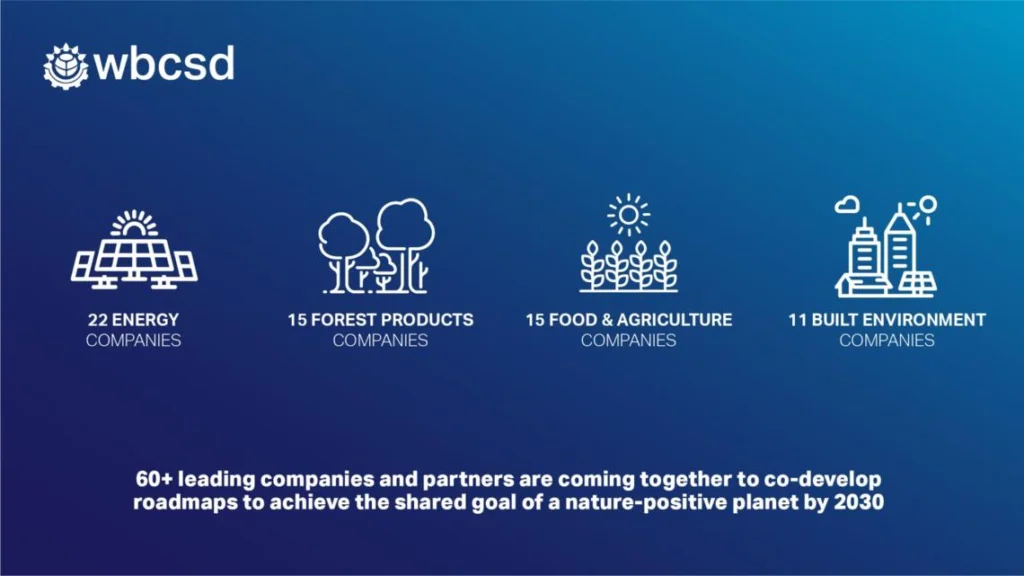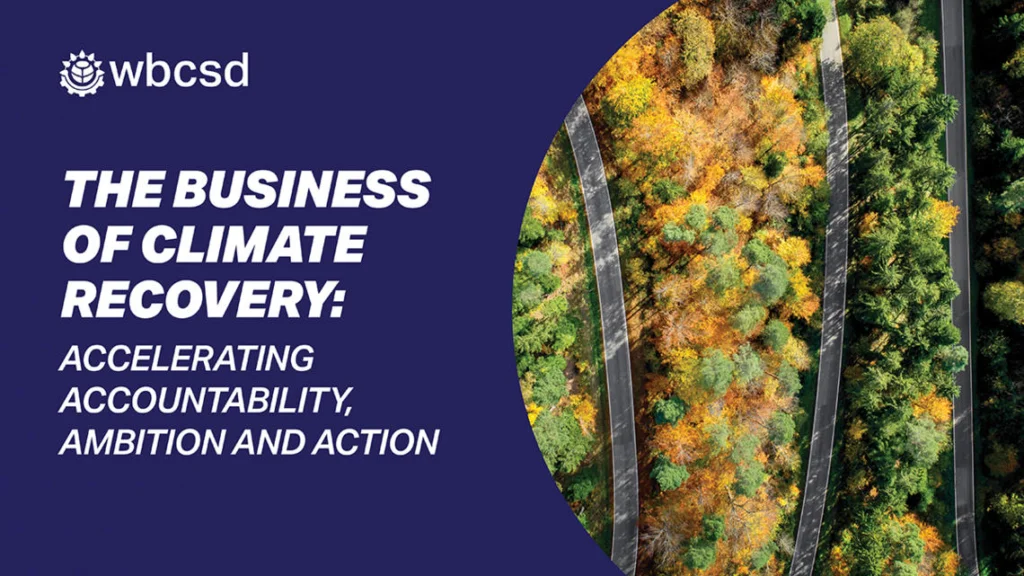Authors
Jules Peck & Elisa Leimer
Despite the proliferation of corporate sustainability commitments, a glaring gap remains in how these commitments translate into policy engagement by companies. According to InfluenceMap, 58% of the world’s largest corporations have climate commitments that are being undermined by their policy influence strategies. This discrepancy occurs through direct policy engagement as well as indirectly through trade associations.
It is clear that, without stronger positive policy engagement by companies and other stakeholders, we have little prospect of closing the ambition gap between the goals of the Paris and Montreal-Kunming Agreements and current policies. This also poses significant financial and reputational risks for companies, as highlighted by PRI, and undermines the achievement of their transition plans. Due to these pressures recent years have seen an uptick in external pressures to align companies’ policy engagement with their commitments:
- Investor groups are increasingly vocal about the necessity for consistent advocacy as part of comprehensive transition plans for companies within their portfolios. As demonstrated by initiatives such as the investor expectations on corporate climate lobbying statement, or direct demands from sovereign wealth funds for companies within their portfolios to align their advocacy and lobbying efforts with their stated positions on climate as part of their transition plans.
- Data from S&P Global revealed that resolutions related to climate change and corporate lobbying are outpacing other shareholder concerns this year.
- Notable frameworks and reports, such as the UN HLEG report launched at COP27 and the latest 5th P criteria for the UN Race to Zero, urge companies to align policy engagement with net-zero commitments.
- The Transition Plan Taskforce recently underscored the need for transparency in how businesses engage with policymakers to fulfill their strategic ambitions as part of their transition plan.
- Civil society continues to exert pressure, holding companies accountable for their public commitments, denouncing when these are not aligned.
These mounting pressures indicate a clear expectation for positive policy engagement by corporations to support sustainable and equitable futures.
Companies report that the costs of managing policy-related risks are significantly lower than the potential financial impacts of those risks, emphasizing the economic benefit of proactive policy engagement and compliance. Over half of the companies analyzed by CDP recognize that policies can create substantial financial opportunities by driving demand for low-carbon products and services and enabling cost savings through efficiency improvements.
This is a recognition that corporates alone cannot achieve their 1.5°C goals because their operations are embedded in interconnected systems reliant on established infrastructures and value chains. Government policies including R&D support, tax incentives, public procurement and subsidies can play a crucial role in enabling systemic changes including modernizing power grids to triple renewable energy or setting up charging networks for electric vehicles, making it possible for entire sectors to move towards sustainable practices effectively.
However, despite the importance of policies to support corporate targets, significant gaps remain in private sector support for the policies needed. For instance, the U.S. Inflation Reduction Act, despite its enormous potential benefits for businesses, received public backing from only 19% of S&P 100 companies.
WBCSD’s Positive Policy Engagement Workstream
Responding to this need, we are delighted to announce the initiation of a new “Positive Policy Engagement” workstream supported by an Advisory Board that will guide the development of this work and the support, tools and knowledge that our members need to ensure that their policy and advocacy engagement is positively delivering climate, nature and equity goals. This will involve work with many partners and builds on the WMBC RPE Framework, which WBCSD and its members supported last year, as well as ongoing collaborative projects with the UN-backed Race to Zero.
Co Chair
Jules Peck, Partner, ERM
Board Members
Caroline Boin Margerit, Advocacy Director, Global Public Affairs Danone
Charmian Love, Global Director of Advocacy, Natura
Cody Taylor, Group Head of Government Relations and Public Affairs, ABB
David Laurent, Director, EpE
Fiona Duggan, Global Sustainability Senior Manager, Unilever
Linda Dempsey, Vice President of Public Affairs, CF Industries
Lucie Lhopital, Global Head for Crop Protection Policy and Advocacy, Syngenta
Malin Pettersson-Beckeman, Head of Sustainability Partnerships, Inter IKEA
Maria Jois, Sustainability Senior Specialist, EDP
Miguel Rodriguez, Head of Climate Policies and Alliances, Iberdrola
Richard Ali, Director Corporate Affairs, Strategy and Stakeholder Relations, Tetra Pak
Suzanne van Tilburg, Head of Food and Energy Networks, Rabobank
Theodor Waddelow, Head of Sustainability Policy, Visa
Tom Smith, Director, Global Government Affairs and Business Diplomacy, Walmart
Areas of interest that the Board is exploring include:
- Engagement with Trade Associations
- The Business Case for Positive Policy Engagement
- Transparency and Disclosure
- Education and Capacity-building
Key message:
- Announcement of the Positive Policy Engagement (PPE) Advisory Board. The group will support the development of a PPE workstream, with the aim to bridge the gap between corporate sustainability commitments and policy engagement, emphasizing the importance of consistent advocacy to align with climate, nature, and equity goals.
- The workstream will aim to provide support tools and knowledge to ensure positive policy and advocacy engagement, addressing significant gaps and leveraging government policies to drive systemic changes.
To learn more about how WBCSD is helping its members build capacity for positive policy engagement, reach out to Elisa Leimer.
Let’s work together to leverage policy for a sustainable future.
Outline
Related
Content

Business and Policy: now is the time to reach across the divide
18 April, 2024

Accelerating business accountability, ambition and action and in support of Global Biodiversity Framework implementation
9 December, 2022

COP27 – The Business of Climate Recovery: Accelerating Accountability, Ambition and Action
9 November, 2022

